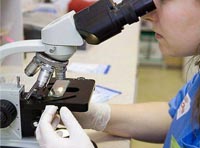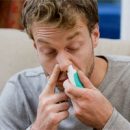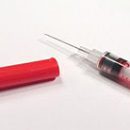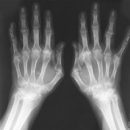Just forget about allergies, having handed over blood test to identify all types of allergens. Find out the rules for preparing for testing, providing a reliable result.
Content
Deciphering analyzes for allergens
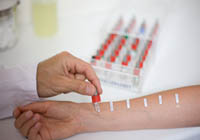
Analyzes for allergens are necessary to determine the type of allergens provoking the development of the disease, which is the consequence of impairment of immunity.
To diagnose allergies, dermatologist, allergist, therapist prescribe blood tests.
- General — reveals the very fact of the presence of the disease through high levels of eosinophils. This is a type of leukocytes moving into blood when patient interacts with an allergen. Norm — 1-3%, with a reaction to Allergen — up to 4-12%.
- Rast-Test — Remits immunoglobulins E and G to a small list of non-spikel allergens. Blood is placed in several tubes and, adding different allergens there, look at the reaction. What kind of antibodies begin to form, that allergen and is not transferred to the patient. Positive result is a reason for even greater specifics of allergens. Often the method is combined with skin scarification tests.
On specific immunoglobulin e — Reveal the entire list of allergens affecting the patient. It is carried out by the method of immunoferment analysis (ELISA), which determines the presence of IgE in allergens:
- Food,
- vegetable (fluff, pollen, etc.),
- animals,
- Household (dust, ticks, mold, etc.),
- Medicinal.
Analysis results for allergens — IgE level:
Norm in MME / ml:
* up to 2 years — 0-64;
* up to 14 years — 0-150;
* from 14 years — 0-123;
* adults up to 60 years — 0-113;
The intensity of the reaction to the allergen:
* low;
* average;
* High.
The level of analysis for food allergens and IgE 4 — Specific antibodies in NG / ml:
- short (<1000) — The product is not limited to food;
- Medium (1000-5000) — The reaction is possible, the product is used no more than 1-2 times a week;
- high (>5000) — Food is completely excluded from the diet.
Rules for passing blood analysis on allergens:
- on an empty stomach;
- For three days, they exclude sports;
- per day — smoking, alcohol, stress;
- It is impossible to conduct a study during exacerbation;
- stop taking antihistamine.




